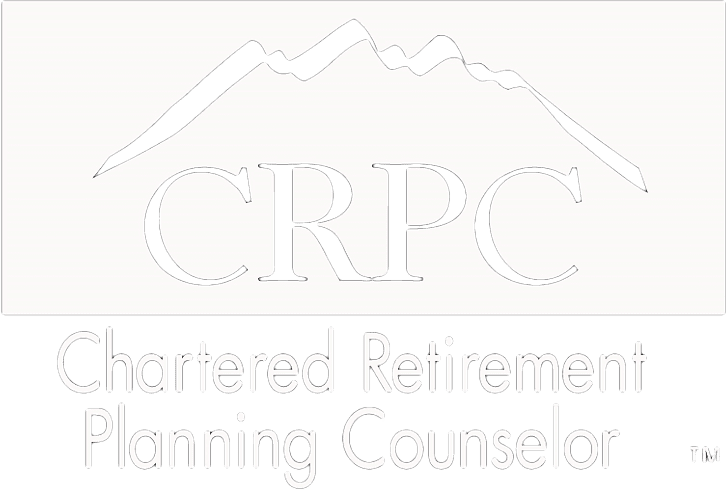
When someone passes away, whether it was expected because of a long illness or due to a surprise event like an accident, the shock can be immense. After the initial shock fades, there are important practical tasks that should be taken care of. If you're the one who these tasks falls on, fortunately all the tasks won't be left entirely on you. You will need help. The list below is of things that need to be handled after someone dies, including an idea of where help is needed and where you can get the help. There are three parts: task to focus on immediately after the death, then within a few days, and in the weeks after.
Immediate Tasks
Get a Legal Declaration of Death
For many of the tasks on this list a death certificate is required. In order to get a death certificate there needs to be a an official declaration of death. This is usually done by a medical professional. The hospital will handle this if the deceased was in the hospital at the time of death. If the deceased was under hospice care, then the hospice nurse should handle this.
Tell Friends and Family
How you handle sharing the loss with friends and family is a personal decision. You will most likely want to talk to certain people in person or by phone. To track down other people who need to know, you can look through their email and mobile phone contacts if you have access. It’s also a good idea to inform institutions that the deceased was involved with, like their social clubs. You may also want to post to social media—both to their account, if you have access, and yours.
Investigate Existing Funeral and Burial Plans
If the deceased was in the hospital or under hospice care, you may already have this information. If the death was unexpected, some research may be necessary. The necessary information may be in the will or there may be a letter of instruction among the deceased’s papers. If you can't find this information, then some decisions will have to be made and planning will be needed. In that case it may be a good idea to hold a family meeting to discuss what you think the person wanted in terms of a funeral, what can be afforded, and what the family wants.
Within a Few Days
Within a Few WeeksMake Funeral and Burial Arrangements
If there isn't already a burial plan, then you’ll need to choose a funeral home and decide on all the funeral and burial specifics. Enlist help from family and close friends as you may need help for pall bearers, eulogies, planning and arranging the service and a wake or reception, an obituary, and more. If the deceased was in the military, contact the Veterans Administration to inquire about funeral services and burial benefits. Some organizations may also offer burial or funeral benefits, so it's a good idea to inquire if the deceased was a member of any organizations.
Secure the Deceased’s Property
It's important to lock up the deceased's house and cars. Cash, jewelry, and other valuables should be removed from the home if no one is living there anymore. Foods that can spoil should be removed. Check to ensure water of plants will still be done automatically or find someone who can do it on a regular basis if you won't be able to yourself. Pick up mail and newspapers. It's a good idea to either leave some lights on or install a timer for lights to turn on and off automatically so it looks like someone is home.
Provide Care for Pets
Ensure pets have caretakers until there’s a permanent plan for them. A relative or friend who can comfort them is generally a great option.
Forward Mail
If you don't live near the deceased's home, you can have the mail forwarded to yourself or whoever the executor is. If you live near the home you could also pick up the mail everyday. Doing so will help you learn about accounts, creditor, and any subscriptions or services need to be paid or canceled.
Notify the Deceased’s Employer
When you speak to the deceased's employer be sure to ask about benefits and any paychecks that may be due. Many companies also offer group term insurance to their employees, and if the deceased has one then there could be a benefit payout to the beneficiaries of the policy.
Obtain and Store Certified Copies of Death Certificates
You will need a certified copy of the death certificate to close and cancel accounts, file insurance claims, and register the death with the government. Take an inventory of the number of account the deceased has in order to determine the number of copies you'll need. You can order the certified copies from the vital statistics office in the state in which the person died, or the funeral home may be able to acquire them for you.
Find the Will and Identify the Executor
If the death was expected, such as due to illness, then you most likely discussed the will already with the deceased and know where to find it. If not, look for it wherever the deceased kept important papers, such as in a desk, a safe-deposit box at a bank, or safe at home. Wills generally name who is chosen as executor, and that person will need to be involved in most of the tasks and processes going forward. If there isn’t a will, then the probate court judge will name an administrator instead of an executor.
Meet with an Estate Attorney
Consider meeting with and hiring an estate attorney, especially if the estate is a high value. An estate attorney, which needs to be approved by or chosen by the executor of the estate, will help navigate the process and distribute assets.
Contact a CPA
If the deceased had a CPA, use that CPA for filing the final and estate tax returns. If the deceased didn't have a CPA, then the executor can choose or approve one.
Initiate Probate
Probate is the legal process of executing a will and other final matters through the county or city probate court. From a financial perspective, the process ensures that the deceased's debts and liabilities are paid and that the remaining assets are transferred to the beneficiaries. The probate court can also handle other matters that are or are not addressed in the will, such as personal property. The probate process could take over a year to complete, so it's a good idea to get it started as soon as possible.
Track Down and Inventory All Assets
For the probate process, it's important that there's an inventory of all assets, including bank accounts, houses, cars, brokerage accounts, personal property, furniture, jewelry, and more, all of which will need to be filed in the court. An appraiser may also be necessary if there are physical items that need to be valued.
All assets must be located, and that can be a big undertaking. Start with a close examination of the deceased’s tax returns, mail, email, brokerage and bank accounts, deeds, and titles. Be sure to check all filing cabinet and any safe- deposit boxes. For larger estates, there are firms that can help you search for and track down assets.
Make a List of Debts and Bills
All outstanding debts will need to be settled for the estate to close, and before some assets can be distributed to beneficiaries. Provide the executor with a list of the debt and liabilities to they can be accounted for and paid.
Cancel Services No Longer Needed
Any services or ongoing subscriptions should be canceled. These include cable, cell phone service, magazines, online services, and more. Look at the deceased credit card and bank account statements to find any potential subscriptions that need to be canceled. A certified copy of the death certificate will be need in order to many services.
Notify Institutions of the Death
To begin the process of closing accounts, receiving outstanding payments, and protecting the estate, notify these important institutions of the death.
- The Social Security Administration
- Life insurance companies
- Banks, financial institutions
- Financial advisers, stockbrokers
- Credit agencies
Cancel Driver’s License
Canceling the deceased driver's license is an important step in protecting the estate as it will help prevent identity theft. You’ll need a certified copy of the death certificate to cancel the driver's license. Once canceled, keep a copy of the canceled driver’s license as it may be needed to close or access accounts that belonged to the deceased.
Close Credit Card Accounts
Contact customer service department of any credit card accounts the deceased solely had and tell the representative that you’re closing the account on behalf of a deceased person. A certified copy of the death certificate will be needed. Credit bureaus will also send card issuers an alert that about the death of the account holder. Credit cards should be shredded or cut up.
Terminate Insurance Policies
Contact insurance providers to end coverage for the deceased on auto and health insurance policies and ask that any unused premium be returned. Maintain the homeowners insurance until the home is transfer to a new owner. Once the house is transferred to a new owner cancel the homeowners insurance and request a refund of the premium. Keep in mind that the homeowners insurance policy may need to be renewed before the estate is closed.
Delete or Memorialize Social Media Accounts
Some survivors choose to turn social media accounts into a memorial, while other choose to delete the accounts. Whether you choose to delete or memorialize the accounts, you’ll need to contact the companies with certified copies of the death certificate to gain access to the accounts.
Close Email Accounts
Closing the deceased email accounts will help prevent identity theft and fraud. If you don’t have access the the deceased email accounts then you’ll need a certified copy of the death certificate and contact the provider. The specifics vary by email provider, so you'll have to check with them.
Update Voter Registration
Contact the state or county directly to find out how to remove the deceased from the voting rolls.
This content is developed from sources believed to be providing accurate information. The information in this material is not intended as investment, tax, or legal advice. It may not be used for the purpose of avoiding any federal tax penalties. Please consult legal or tax professionals for specific information regarding your individual situation. The opinions expressed and material provided are for general information, and should not be considered a solicitation for the purchase or sale of any security. Digital assets and cryptocurrencies are highly volatile and could present an increased risk to an investors portfolio. The future of digital assets and cryptocurrencies is uncertain and highly speculative and should be considered only by investors willing and able to take on the risk and potentially endure substantial loss. Nothing in this content is to be considered advice to purchase or invest in digital assets or cryptocurrencies.
Enjoying Escient Financial’s Insights?
The weekly newsletter is usually delivered to your email inbox Friday or Saturday, and includes:
- the latest Escient Financial Insights articles
- a brief of the week's important news regarding the markets
- recommended third-party reads
- selected Picture of the Week
Escient Financial does NOT sell subscriber information. Your name, email address, and phone number will be kept private.
















